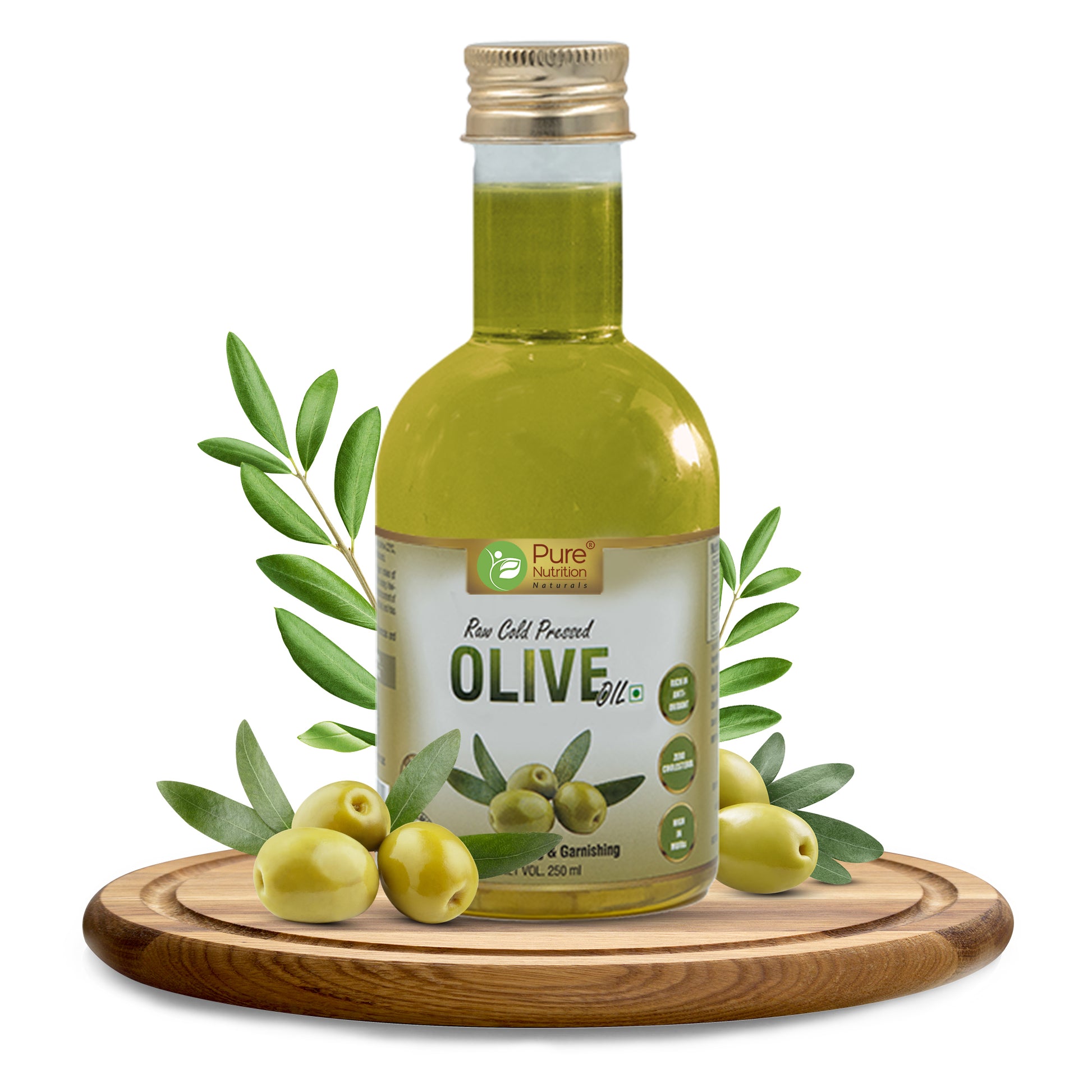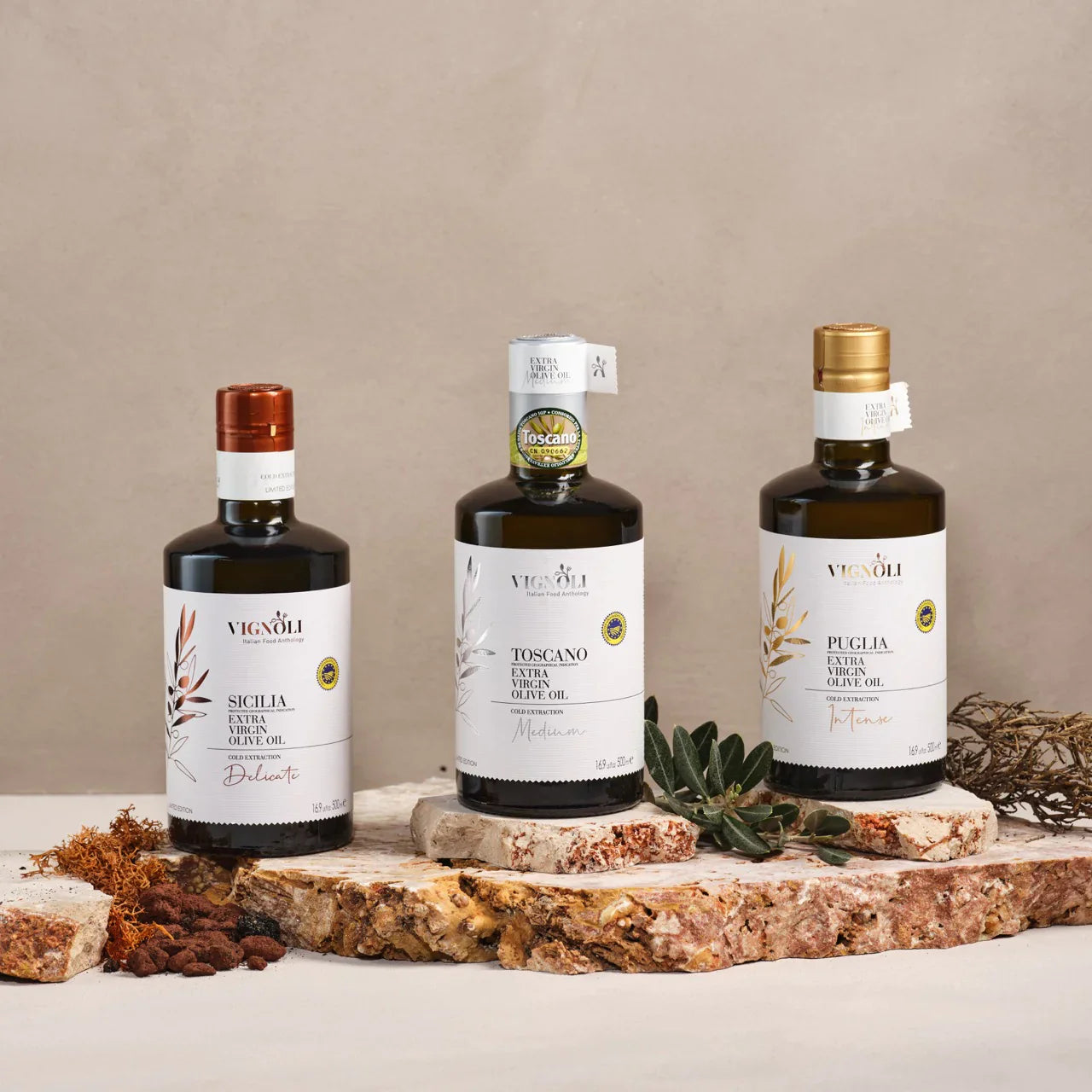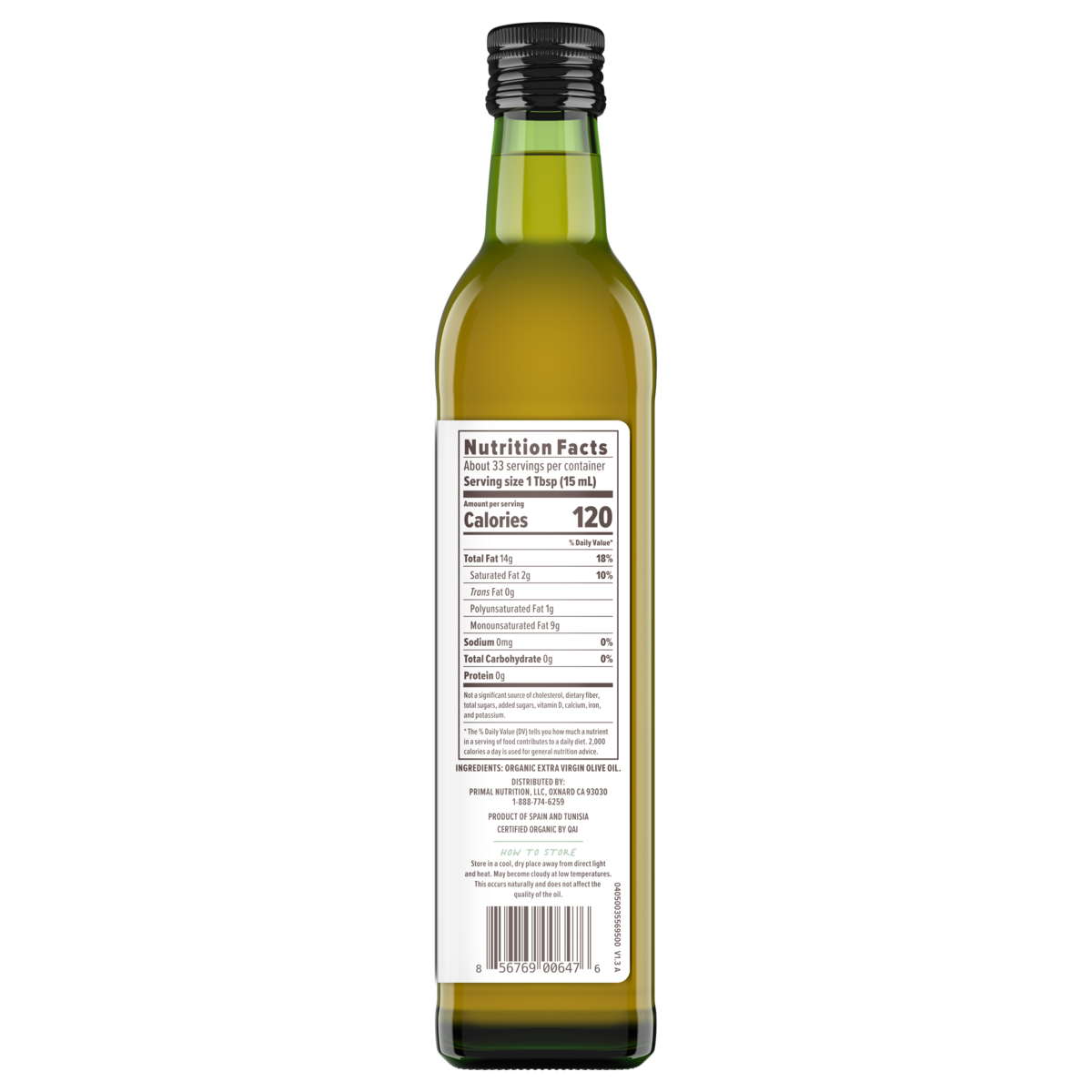Exploring the Extra Virgin Olive Oil Benefits for Reducing Blood Pressure
Exploring the Extra Virgin Olive Oil Benefits for Reducing Blood Pressure
Blog Article
Exploring the Different Kinds Of Olive Oil and Their Usages, Consisting Of Bonus Virgin Olive Oil
The expedition of olive oil encompasses a varied variety of types, each offering distinct tastes and culinary applications. Bonus virgin olive oil, renowned for its remarkable quality and health benefits, acts as a staple in many kitchen areas, yet it is just one element of this multifaceted ingredient. extra virgin olive oil benefits. Other varieties, such as pure and polished olive oils, likewise warrant attention for their unique buildings and usages. Recognizing these distinctions can considerably influence both cooking strategies and taste profiles. What, after that, should one consider when selecting the right olive oil for a specific culinary undertaking?
What Is Olive Oil?
Obtained from the fruit of the olive tree, olive oil is a staple in Mediterranean food and an essential ingredient in different culinary applications. This versatile oil is created by pushing entire olives, leading to a liquid that varies in fragrance, flavor, and color depending upon the kind of olives utilized, the region of cultivation, and the extraction procedure. Olive oil is primarily composed of monounsaturated fats, particularly oleic acid, which is known for its potential health and wellness benefits, consisting of anti-inflammatory residential or commercial properties and cardiovascular assistance.
In addition to its culinary usages, olive oil has a long background of application in conventional medicine and skincare, owing to its abundant antioxidant material (extra virgin olive oil benefits). The oil is usually made use of in dressings, marinates, and for cooking methods such as sautéing and roasting. Its distinct flavor account can improve the taste of various recipes, making it a necessary active ingredient for both home chefs and specialist chefs
Moreover, olive oil is commemorated for its duty in the Mediterranean diet, which is connected with many health benefits. As understanding of these benefits grows, olive oil remains to acquire appeal worldwide as a fundamental component of a healthy way of living.
Types of Olive Oil
Comprehending the numerous kinds of olive oil is crucial for both cooking lovers and health-conscious consumers. Olive oil is categorized primarily based on its extraction approach and top quality, which significantly impacts its wellness, fragrance, and flavor benefits.

Light olive oil, regardless of its name, refers to a lighter taste and not reduced calories. It is excellent for those looking for an extra subtle taste in marinates and dressings. Additionally, there are flavorful olive oils instilled with herbs, seasonings, or citrus, which can improve recipes without the requirement for extra flavoring.
Each sort of olive oil serves particular cooking objectives, and comprehending these distinctions allows consumers to make enlightened selections that line up with their food preparation styles and health goals.
Additional Virgin Olive Oil
Extra virgin olive oil (EVOO) is widely considered the best olive oil available, renowned for its abundant taste and various health benefits. To be classified as additional virgin, the oil must be produced from fresh olives using mechanical processes, without using solvents or extreme warmth. This meticulous approach preserves the oil's all-natural flavors, anti-oxidants, and healthy fats, resulting in a product with a low level of acidity degree of less than 0.8%.
EVOO is abundant in monounsaturated fats, particularly oleic acid, which is linked to lowered inflammation and improved heart health. It likewise has polyphenols, powerful antioxidants that may offer protective effects against persistent diseases. The flavor profile of EVOO can differ dramatically depending upon the olive selection and area of manufacturing, ranging web link from fruity and verdant to robust and sharp.

Culinary Uses of Olive Oil

In food preparation, olive oil can be utilized for sautéing, toasting, and barbecuing, offering a much healthier alternative to butter or various other fats. Its high smoke point makes it appropriate for numerous cooking approaches, while its anti-oxidants add to a heart-healthy diet. Drizzling olive oil over finished meals, such as pasta, fish, or smoked vegetables, can elevate flavors and include a touch of beauty.
Moreover, olive oil plays a substantial role in baking, where it can change conventional fats in recipes for bread and breads, giving dampness and a refined taste. It also serves as a base for infused oils, permitting chefs to trying out tastes such as garlic, herbs, or chili, additionally increasing its cooking potential. In general, olive oil's flexibility makes it indispensable in both home and professional cooking areas.
Picking Quality Olive Oil
When picking high quality olive oil, it's vital to take into consideration several crucial elements that influence the product's flavor, wellness, and scent benefits. Choose for additional virgin olive oil (EVOO), which is obtained from the very first cool pushing of olives and has the highest possible degrees of anti-oxidants and beneficial substances. Search for oils that are licensed by acknowledged organizations, as this frequently makes certain adherence to strict high quality standards.
The packaging also plays a substantial duty in maintaining the oil's honesty. Select oils stored in dark glass bottles or tins to protect against light destruction. Take notice of the harvest date; fresher oils offer premium flavor and dietary worth, so choose products look at here now that are within 18 months of their harvest.
Be aware of the preference; an excellent top quality olive oil should have over here a balance of fruity, bitter, and peppery notes, indicating its richness and intricacy. By assessing these elements, you can guarantee you are picking the ideal olive oil for your cooking needs.
Verdict
In recap, the expedition of different kinds of olive oil discloses unique features and applications, with additional virgin olive oil representing the pinnacle of quality as a result of its reduced level of acidity and high antioxidant material. Its adaptability in cooking usages boosts tastes in dressings, sauces, and showers. Understanding the various ranges of olive oil enables notified options in food preparation approaches, advertising much healthier techniques while enhancing the general gastronomic experience. Quality selection continues to be important for optimum advantages.
Obtained from the fruit of the olive tree, olive oil is a staple in Mediterranean cuisine and an essential ingredient in numerous culinary applications.The most usual kinds of olive oil include refined olive oil, pure olive oil, and light olive oil.Extra virgin olive oil (EVOO) is widely concerned as the highest possible high quality olive oil offered, well known for its rich taste and countless health advantages. Opt for added virgin olive oil (EVOO), which is acquired from the very first chilly pushing of olives and consists of the highest levels of anti-oxidants and beneficial compounds.In summary, the expedition of different types of olive oil reveals distinctive features and applications, with extra virgin olive oil standing for the peak of high quality due to its reduced level of acidity and high antioxidant content.
Report this page